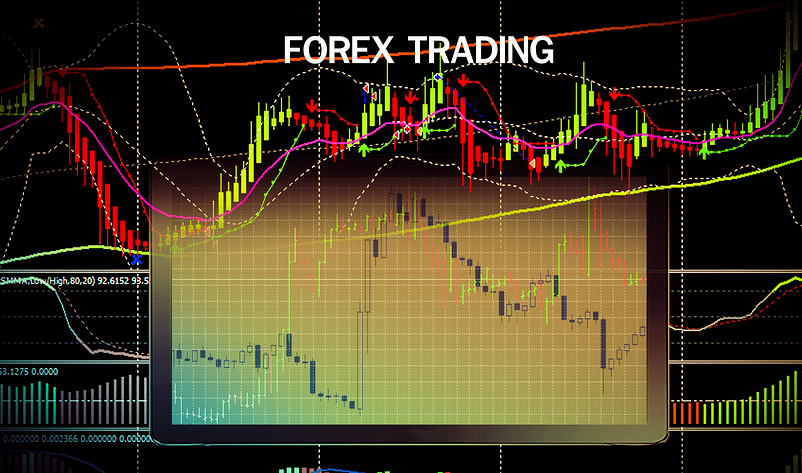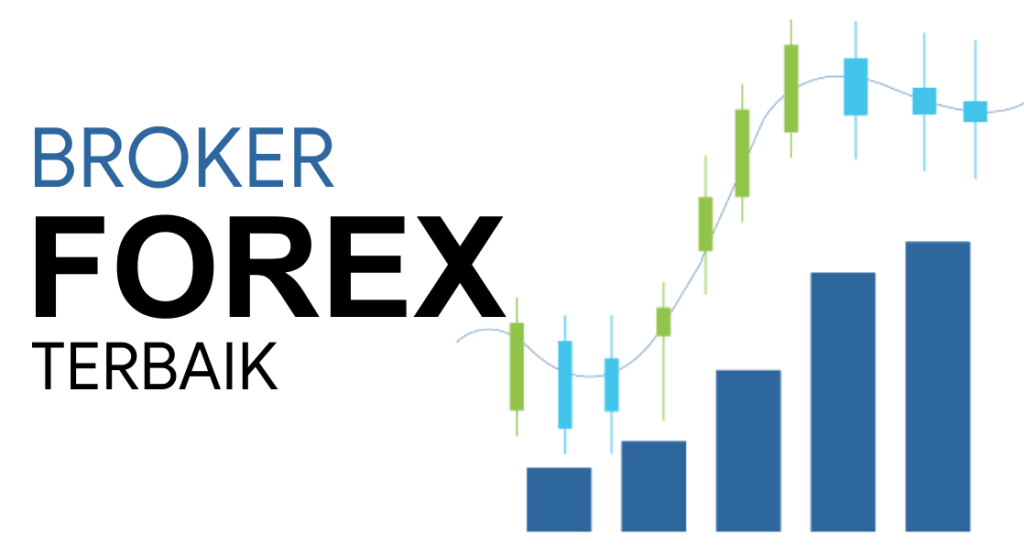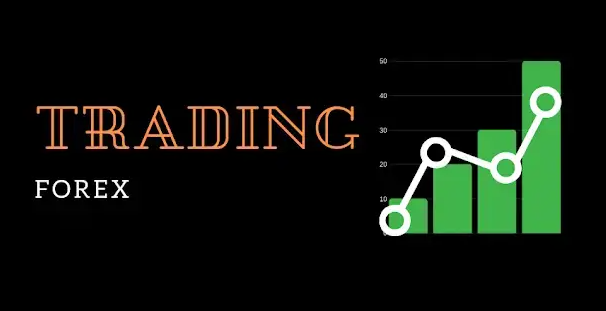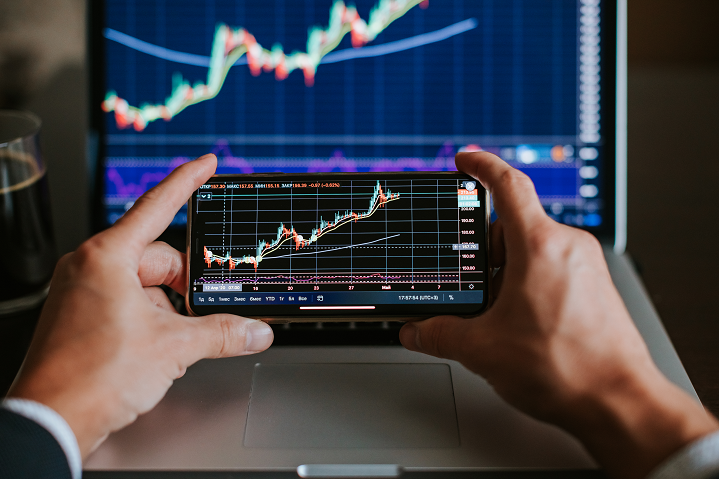In the modern era, trading forex online has become a popular way for individuals to participate in the foreign exchange market. This article will provide an overview of what forex trading is and how it is used by traders around the world.
Understanding Forex Trading
Forex trading, also known as foreign exchange trading, involves the buying and selling of currencies. Traders aim to profit from the fluctuations in exchange rates between different currency pairs. Unlike traditional stock trading, forex trading takes place in a decentralized market, allowing traders to engage in 24-hour trading activities.

Getting Started with Forex Trading
To begin trading forex online, you need a computer or mobile device with internet access and a trading platform. There are numerous online brokers that offer forex trading services. Choose a reputable broker that provides a user-friendly interface, competitive spreads, and access to essential trading tools.

Opening an Account
After selecting a broker, you’ll need to open a trading account. The account opening process typically involves providing personal information and submitting identification documents. Once your account is approved, you can deposit funds into it and start trading.

Learning the Basics
Before diving into forex trading, it’s crucial to familiarize yourself with the basics. Learn about currency pairs, pips, lots, leverage, and risk management strategies. There are many educational resources available online, including tutorials, webinars, and e-books, that can help you develop a solid foundation in forex trading.

Developing a Trading Strategy
A trading strategy is essential for success in forex trading. It involves analyzing the market, identifying trading opportunities, and determining entry and exit points. Your strategy should also consider risk management techniques to protect your capital. Experiment with different strategies and refine them based on your trading style and risk tolerance.

Executing Trades
Once you have a trading strategy in place, you can start executing trades. Use the trading platform provided by your broker to place buy or sell orders. Monitor the market closely and be prepared to adjust your positions if necessary. It’s important to stay updated on economic news and events that can impact currency prices.

Managing Risk
Risk management is a crucial aspect of forex trading. It involves implementing strategies to protect your capital and minimize losses. Set stop-loss orders to automatically exit a trade if it reaches a predetermined level of loss. Additionally, use proper position sizing and leverage wisely to avoid excessive risks.

Monitoring and Analysis
Successful forex trading requires continuous monitoring and analysis of the market. Keep an eye on economic indicators, news releases, and technical indicators to identify potential trading opportunities. Use charting tools and indicators to analyze price patterns and trends.

Continuous Learning
Forex trading is a dynamic field, and it’s important to continually educate yourself and stay updated on market developments. Attend webinars, read books, follow reputable trading blogs, and engage with other traders to expand your knowledge and gain new insights.

Conclusion
Trading forex online offers individuals the opportunity to participate in the foreign exchange market and potentially generate profits. However, it requires understanding the basics, developing a trading strategy, and implementing risk management techniques. Continuous learning, monitoring, and analysis are also crucial for success in forex trading.
Suggestions
Here are a few suggestions for those interested in trading forex online:
- Start with a demo account to practice trading strategies without risking real money.
- Keep a trading journal to track your trades and analyze your performance.
- Stay disciplined and avoid emotional decision-making.
- Consider joining online communities or forums to exchange ideas and learn from experienced traders.
- Never invest more than you can afford to lose.







